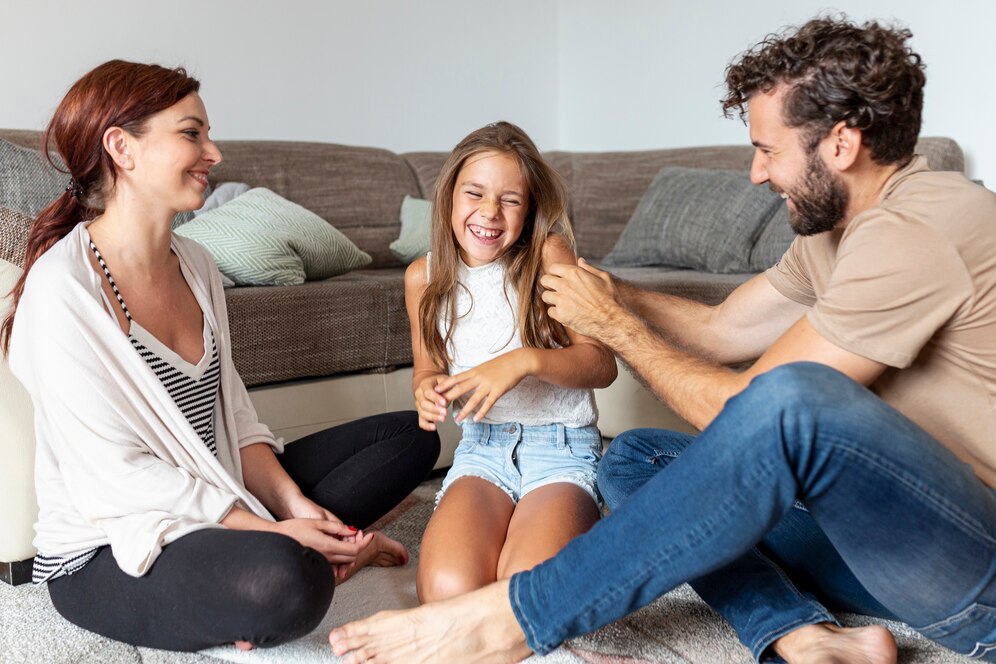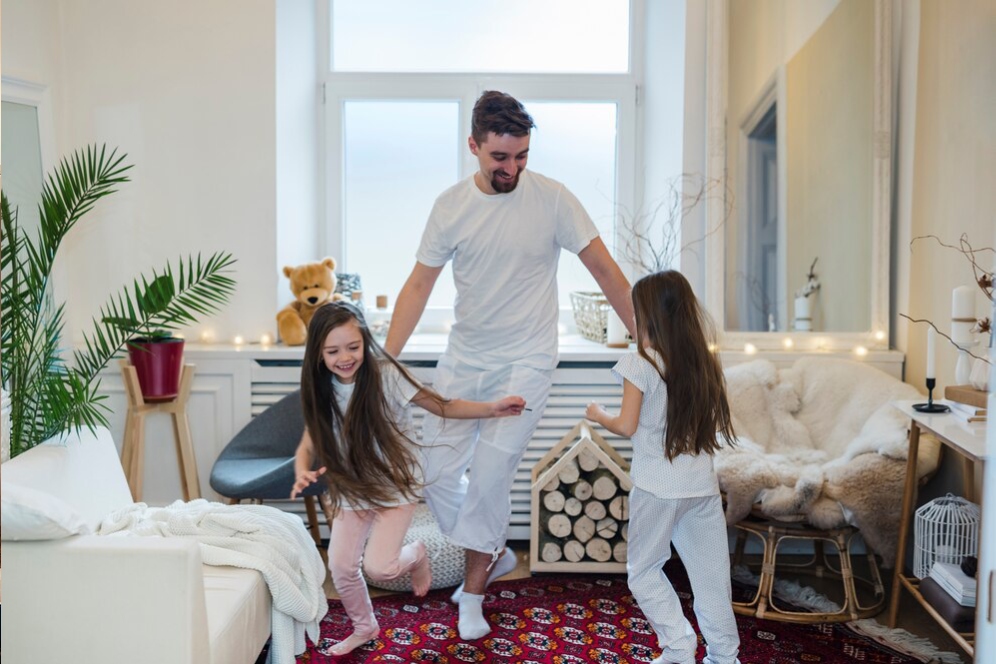
How to Help Kids Manage Puberty Anxiety
Understanding the Emotional Weight of Puberty
Puberty is a time of transformation, and with it comes a wave of emotional changes that can feel overwhelming for many children. Puberty can bring tough challenges. Mood swings, body image issues, social anxiety, and sleep problems can affect even the most confident kids.
As a parent or carer, it’s vital to offer calm, compassionate, and informed support. Supporting kids during this tough time goes beyond just managing growing pains. It’s about helping them build resilience, trust, and a strong emotional toolkit for life.
This guide provides a comprehensive look at puberty anxiety management. Discover research-based strategies, easy language prompts, and clear steps to help kids handle puberty stress and flourish during change.
Understanding the Core: Why Puberty Triggers Anxiety
Hormonal and Neurological Factors
Puberty causes a rise in hormones like oestrogen, progesterone, and testosterone. These hormones impact the body and also change how the brain controls mood, sleep, and emotions.
According to the NHS and child psychology studies, puberty is closely linked to increases in:
- Generalised anxiety
- Low mood or depression
- Body image concerns
- Sleep disturbances
- Social fears or withdrawal
Kids often lack the words or awareness to express their feelings. That’s why proactive parenting talks are so important.
Pro Tip: Pay attention to what your child isn’t saying. Anxiety can show up as stomach aches, irritability, or changes in eating or sleep habits.
Quick Guide / Checklist: Key Coping Strategies for Puberty Stress
- Keep a predictable home routine
- Teach basic breathing and grounding techniques
- Use affirming language and active listening
- Provide age-appropriate information about bodily changes
- Validate rather than minimise their worries
- Encourage healthy physical outlets (sports, art, movement)
- Limit excessive screen time and social media comparison
- Seek professional support when needed
Secret Tip: Create a shared journal or worry box where your child can write anonymous notes to discuss later. It opens a dialogue when words feel too hard.
Step-by-Step Guide: How to Practise Emotional Puberty Support

1. Normalise the Experience
Let your child know that feeling anxious or uncertain is a common and expected part of growing up.
Say: “Lots of people feel confused or nervous during puberty. You’re not alone, and there’s nothing wrong with you.”
2. Use Emotion Naming Techniques
Help them recognise what they’re feeling:
- “You seem frustrated. Do you know why?”
- “Is it possible you’re feeling nervous or unsure?”
Naming emotions helps make them feel manageable.
3. Teach Simple Relaxation Tools
Introduce basic anxiety-reducing exercises:
- 4-7-8 breathing (inhale for 4, hold for 7, exhale for 8)
- Progressive muscle relaxation (tighten and release each muscle group)
- Grounding exercises (5 things you can see, 4 you can touch, 3 you can hear, etc.)
4. Reassure Without Over-Fixing
If your child is panicking or spiralling, acknowledge their fear before offering a solution.
Say: “That does sound scary. I’m really glad you told me. Let’s figure it out together.”
Important: Jumping to “You’re fine” or “There’s nothing to worry about” can unintentionally shut them down.
5. Use Visual and Sensory Tools
Some children respond better to tactile or visual methods:
- Worry stones or fidget toys
- Emotion wheels or charts
- Mood tracking apps (with supervision)
6. Break Down Big Fears into Small Steps
For example:
- Fear: Getting their first period at school
- Response: Create a small kit, talk to the teacher, roleplay asking for help
This gives them a sense of control and preparedness.
7. Introduce Self-Compassion Language
Model phrases like:
“It’s okay to have a tough day.” “I’m allowed to feel nervous and still try.”
Let them hear you say these things about yourself, too.
Best Practices & Additional Insights
Create a Safe Space
Encourage open conversation without judgment. Use prompts like:
- “What made today feel tricky?”
- “Did anything unexpected happen that felt weird or new?”
Even if they don’t open up immediately, you’ve planted the seed.
Monitor Media and Screen Use
Excessive social media use is linked to increased anxiety and poor sleep in adolescents. Encourage screen breaks and model mindful media consumption.
Keep Routine Consistent
Predictable sleep, meals, and study/playtime create emotional stability. Kids thrive on knowing what’s coming next, especially when everything else feels new.
Celebrate Progress, Not Perfection
Acknowledge small steps, like trying a new deodorant or walking into PE with confidence. Praise effort, not outcome.
Pro Tip: If your child makes a self-aware comment like “I think I was anxious because I was tired,” highlight that insight.
FAQs: Emotional Puberty Support for Parents

How can I tell if my child’s anxiety is puberty-related or something more serious?
Look for persistence. If anxiety affects sleep, appetite, social life, or daily activities for over two weeks, see a GP or child psychologist.
Should I bring up puberty, or wait for them to ask?
Start the conversation early and casually. Don’t wait for them to initiate—they might not know how.
What if my child becomes angry or shuts down?
Stay calm. Say:
“I can see this feels like a lot. Let’s take a break and talk when you’re ready.”
Avoid punishment-based responses to emotional outbursts.
What resources can help my child understand puberty without overwhelming them?
Try:
- “You’re the Boss of Your Body” (for younger tweens)
- “The Period Book” by Karen Gravelle
- BBC Bitesize and NHS puberty guides (age-tailored and science-backed)
Conclusion: Emotional Growth Takes Time
Puberty doesn’t just change bodies—it transforms emotional landscapes. When kids face anxiety during this phase, they’re not being dramatic or difficult. They’re learning how to be human.
By providing steady emotional support, healthy routines, and listening closely, you can help your child navigate tough times with love.
Let’s support one another: What has helped your child cope with puberty stress? Share your favourite tips or tools in the comments and help another parent feel less alone.


